I guess you could call my dad part of the Saving Private Ryan generation. Fresh out of Texas in his early twenties, a captain in the Army Air Corps, he flew his missions over Germany and Yugoslavia and, I was told by my mother, never lost a man. Dad never talked about the war, but over the years it became clear his soul had suffered much from the experience. After seeing the Spielberg movie, and listening to the reaction of many World War II veterans, it was also clearly an emotional catharsis of sorts had been long overdue for them.
I took the occasion of that film for my daughter, Hannah, and I to interview him about his war experience. Dad seemed finally ready to talk about those years where every morning these young men wondered if they would survive another day. No wonder, he said, they all learned how to drink, pretty hard. His best story was about his plane being shot down in Yugoslavia and the local women who hid the flyers in hay wagons until they were rescued.
I already knew that story because a few months earlier providence had arranged for Dad to play golf with my friend and Crisis supporter, the late Jim Matthews. On the 18th hole, I noticed that Jim and my father were still on the tee by the time I reached my ball in the fairway. When they arrived at the green, I asked why they were dragging behind. My father looked up from the ground with a look on his face I had never seen. “Remember that story about being picked up after being shot down in Yugoslavia? Jim, was the pilot of that plane.” The last few words were almost inaudible because my father, this strong man, was choking with emotion.
Age did not diminish Dad’s will-power. In the summer of 1998, I went to Rockport, Maine, to play with him in a two-day golf tournament at the local country club. This had become a yearly ritual for us—we had never played that well but we knew we were running out of time, and we were determined to make a good showing.
Dad was 78 that summer but still a solid mid-80s player. He loved to make putts under pressure. After making them, he would almost dance to the hole to pick up the ball.
After the first day’s scramble format, we were in the lead. We always liked scrambles, where you pick the best shot and play from there since I usually drove well and Dad has always been an extraordinary putter. The second day was the best-ball of our twosome, meaning we choose the best of our two scores in each hole. I played well for about 13 holes but then started to fall apart. My trusty driver was letting me down. We knew we were probably in the lead for the championship flight but could not afford a single bad hole.
To this day I have no idea how he summoned the strength. While I looked for my lost game, Dad parred the last five holes, making all the putts required of him. We had been teaming together since I was eleven, and now father and son had finally won a golf tournament.
Two weeks later, at a hospital in Houston, my father was told he suffered from congestive heart failure, and his heart was pumping only 20 percent of the blood his body needed. How did he do it at Rockport? These men from ‘the greatest generation’ had guts, a courage acquired in the midst of the ultimate self-sacrifice — fighting against tyranny that threated the freedom of nations and peoples, country, a cause that outweighed their need for home, family, and their very lives.
Many readers, I am sure, have been down this road of watching a father, or a mother, become child-like through the ravages of age and disease. I was once told losing a father is like standing in a clearing where all of a sudden the last row of trees are blown away and you feel a storm smacking you in the face. I have gone back to that image many times to understand the strange reversal of roles. My father died not long after, I felt the force of the wind rising against me.
At his burial service in Austin, I felt conflicted because my admiration for my father was mixed with bitterness over years of conflict with him over finances and my choice of occupation. Much to my regret, my eulogy did not do him justice. I described his ‘toughness’ more as a rebuke of how he treated me than the making of a man who was born in the Depression, who lost his father at age 12, who loved breaking horses, who was part of the Corps at Texas A&M, and who captained a B-24 over Europe in his early twenties.
Since his death nearly twenty years ago, I have thanked him in my heart hundreds of times for the strength and perseverance he passed on to me. Not everyone is given that gift by their parents. And, when given, it’s a gift rarely wrapped in a pretty package. My father cared little about packaging of any kind, only what’s underneath, what could be called character.
For all this, as Father’s Day once again approaches, I am grateful. I pray I have passed on some of his patrimony to my two children, with, perhaps, some kinder packaging.

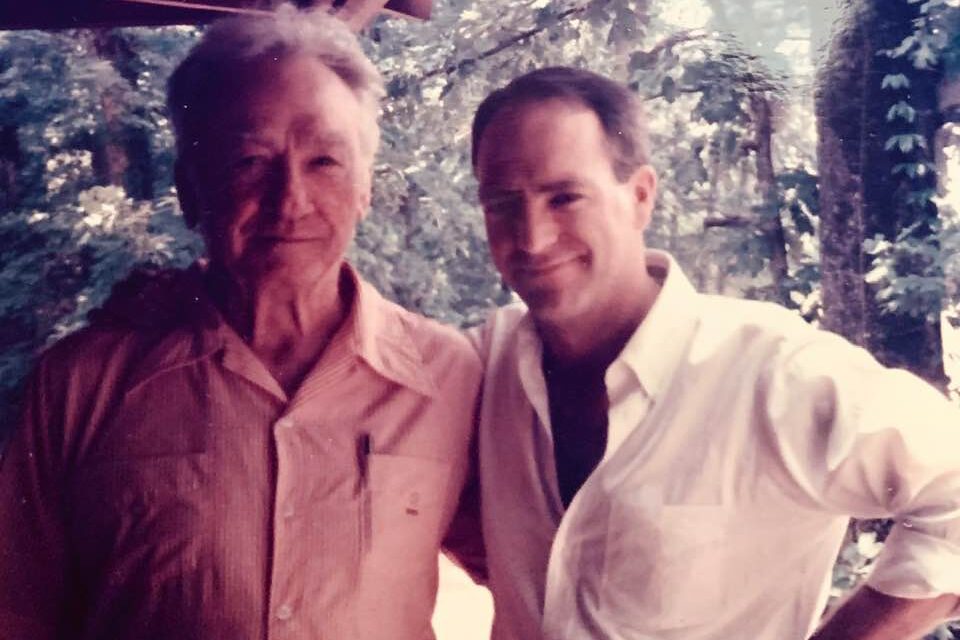
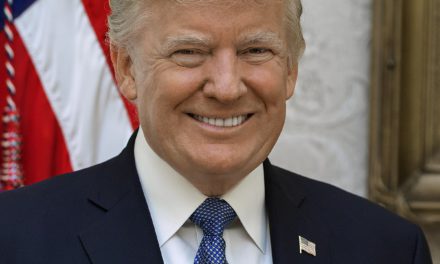
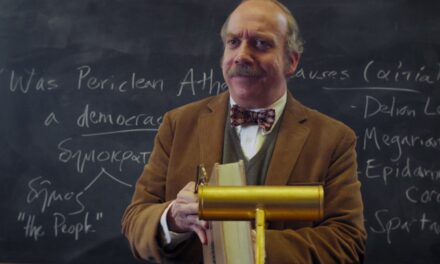
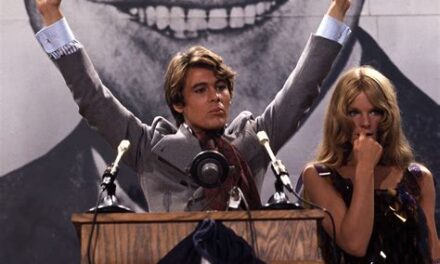
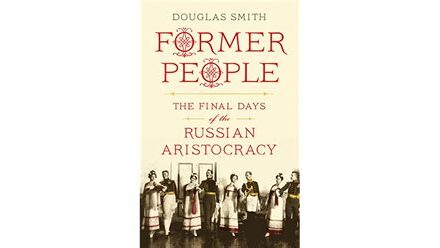









I love John Wayne and all his movies. HE WAS A TRUE MAN and will never be forgotten
SEE YOU IN HEAVEN JOHN WAYNE.